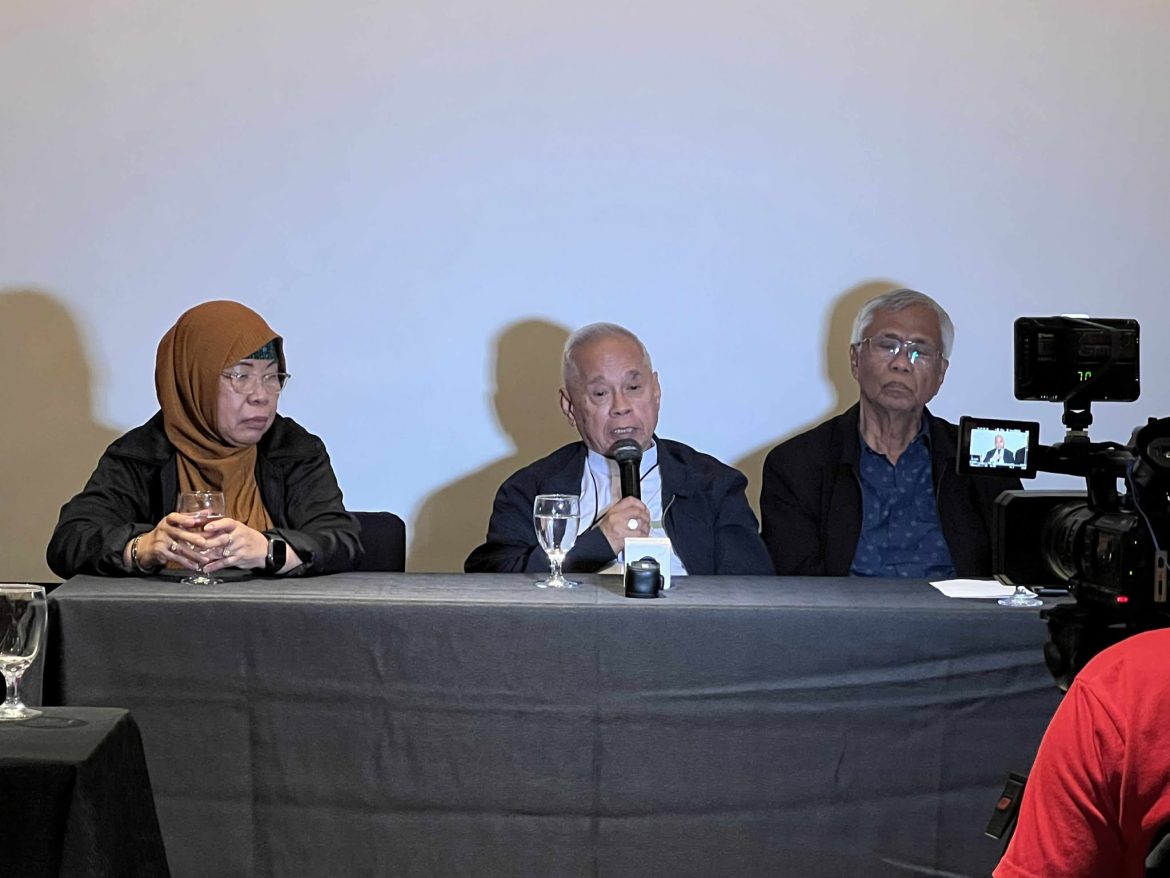A TWO-DAY gathering of peacebuilders and civil society groups, known as Titayan 2, was held on Aug. 19-20, 2025, to address the challenges and complexities facing the Bangsamoro peace process.
The forum brought together representatives from the government and MILF peace implementing panels for the first time in a long time, along with civil society groups and peace advocates.
The event, convened by Cardinal Orlando B. Quevedo, OMI, was a follow-up to the 2016 Titayan symposium and was guided by the theme, “Bridging to Sustain Peace in the Bangsamoro.”
The gathering aimed to take stock of the peace process, facilitate dialogue on trust issues, and enhance civil society’s participation in the process.
In an interview, peace advocate Rufa Guiam, who attended the forum, expressed deep concern over the current state of the peace process, citing a “deeper contradiction” and a lack of trust between the parties.
She pointed to a perceived disconnect between the government’s approach, which she said often focuses on financial aid, and the Bangsamoro people’s desire for self-determination.
“It’s not just pera (money), it’s assertion of the right of self-determination,” Guiam said, noting that such interference has frustrated the Bangsamoro people.
She described the discussions as “a very difficult conversation” and “very inconvenient” for both the Moro Islamic Liberation Front (MILF) and the Philippine government, but added that such dialogue is necessary.
Guiam also lamented the stalled transitional justice process, stating that a bill on the matter failed to pass under the previous administration and that the Bangsamoro Autonomous Region in Muslim Mindanao (BARMM) has now decided to create its own mechanism.
Guiam confirmed that the discussions and insights from the peace forum will be presented to President Ferdinand Marcos Jr. during the first week of September.

